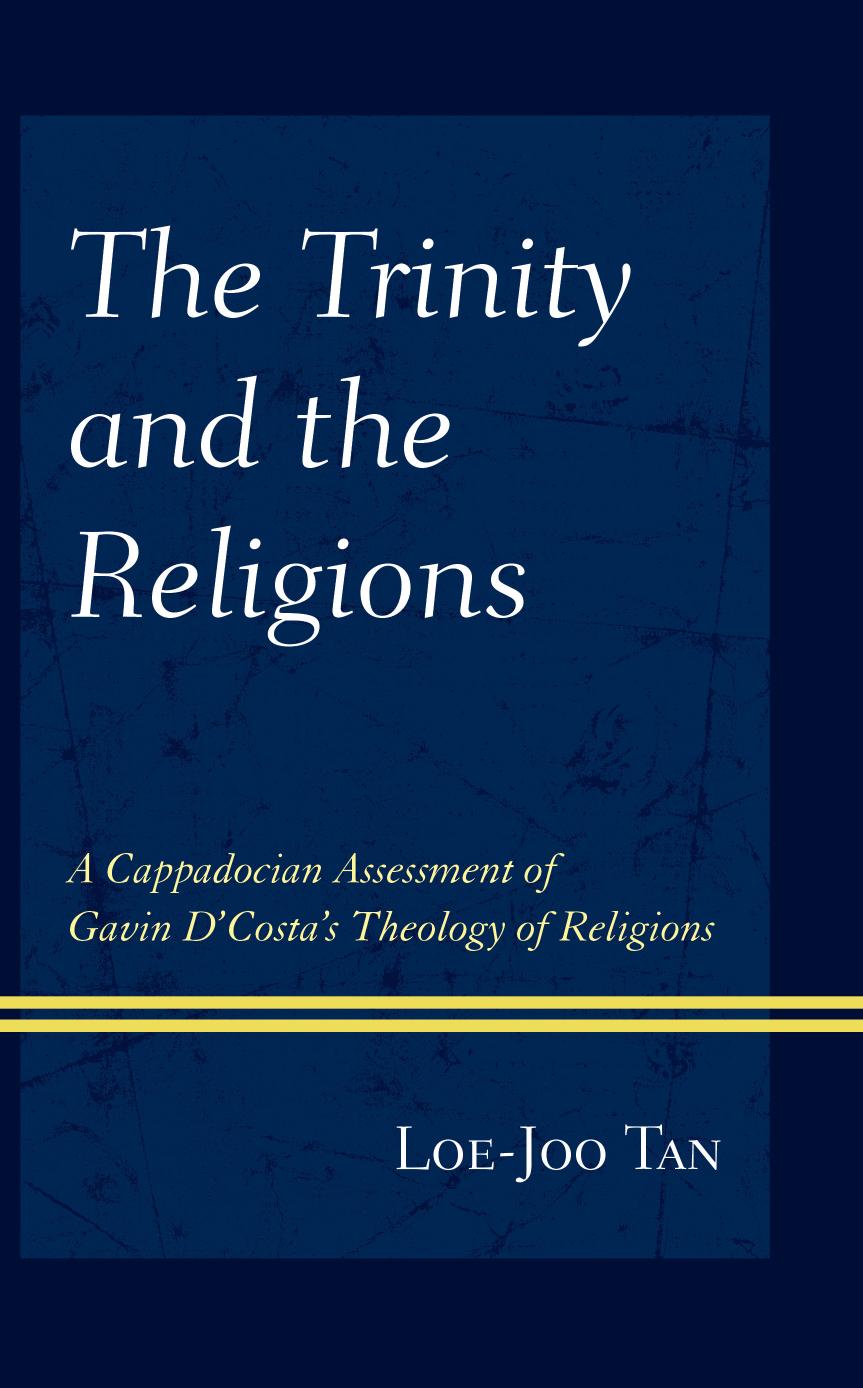

Most ebook files are in PDF format, so you can easily read them using various software such as Foxit Reader or directly on the Google Chrome browser.
Some ebook files are released by publishers in other formats such as .awz, .mobi, .epub, .fb2, etc. You may need to install specific software to read these formats on mobile/PC, such as Calibre.
Please read the tutorial at this link: https://ebookbell.com/faq
We offer FREE conversion to the popular formats you request; however, this may take some time. Therefore, right after payment, please email us, and we will try to provide the service as quickly as possible.
For some exceptional file formats or broken links (if any), please refrain from opening any disputes. Instead, email us first, and we will try to assist within a maximum of 6 hours.
EbookBell Team

4.4
52 reviewsSince the Second Vatican Council, the Catholic church has been grappling with this question, culminating in a recent document, Dominus Iesus in 2000.
In the post-DI climate, the British theologian, Gavin D’Costa, has been described as a “representative post-DI theologian of religions.” And with good reason, since other theologians such as Jacques Dupuis whose work along the lines of “neo-Rahnerianism” have been curtailed by DI. D'Costa’s work has spanned the past three decades and is aimed at developing a theology that echoes developments within the Catholic church's efforts to grapple with the existence of other religions. In doing so, he has appropriated the doctrine of the Trinity by reasoning it provides the very resources for interacting with “Others” and developed a form of Trinitarian inclusivism. Based on the work of patristic theologians such as Lewis Ayres and Michel Barnes and their conception of a “Pro-Nicene” theological matrix.
This book is an attempt to assess whether D’Costa’s utilization of trinitarian resources for contemporary concerns is faithful to the tradition. The book concludes that while there is much to commend in D’Costa’s system, there remain some features not fully consonant with classical Trinitarianism.